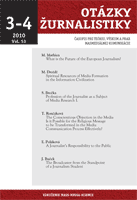
We kindly inform you that, as long as the subject affiliation of our 300.000+ articles is in progress, you might get unsufficient or no results on your third level or second level search. In this case, please broaden your search criteria.


One of the most important tasks of media ethics and media pedagogy is to help a person to receive the media in a proper way. For that reason, it is worth considering the aspects of media formation, media education and media upbringing. It is to be shown from the perspective of recipients of the media who are also creators of them. Therefore, everyone who works in mediosphere should feel obliged to have a proper media formation. The analyses, which emphasise basic duties that media pedagogy and media education are to fulfill, are based on the personalistic foundation of media ethics and media pedagogy. The aim of the article is to show how necessary upbringing and self-management are in order to be a responsible recipient of the media. Apart from the necessity for the ethical formation of creators and senders, there is also a necessity for the formation of recipients. It is because a human as a conscious and a free being has to make a definitive decision by oneself in one‘s own conscience about one‘s own fate.
More...
Končelík, Jakub – Večeřa, Pavel – Orság, Peter: Dějiny českých médií 20. století. Praha : Portál, 2010. 312 + 32 s. ISBN 978-80-7367-698-8
More...
HOLEČKOVÁ, Marta Edith: Cesty českého katolického samizdatu 80. let. Praha : Vyšehrad, 2009. 224 s. ISBN 978-80-7021-983-6
More...

The social responsibility of journalists is the basic requirement of the professional journalistic work. However, it is necessary to assess it in an overall political, social and cultural context, to compare it with the journalists' value priorities and contemporary state of social values. In the last twenty years Slovak society has faced a lot of changes. These were also reflected in media – in a more or less responsible manner. The contribution analyses the state and the development of the social responsibility of media as well as the journalists' responsibility towards the public after 1998, with a special emphasis on the last five years.
More...
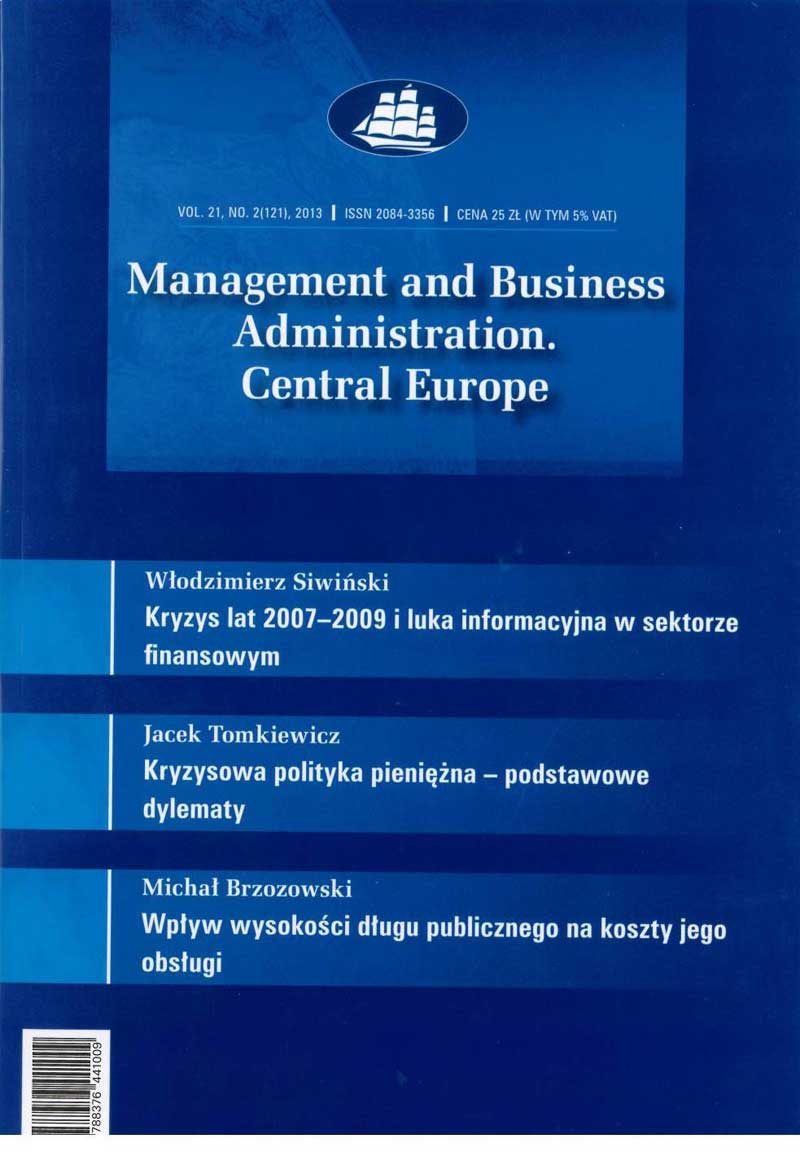
Purpose: To explain the conventions and conditions for implementing internationalization of a university as a strategic course for its development, as well as to provide universal strategic scenarios for expansion of the university abroad as well as to outline the factors contributing to success. Methodology: The paper while conceptual in nature, is based on the diagnosis and analysis of the market for university education in Poland. Studies of specialized literature highlighted the main phenomena conditioning performance and trends in higher education which constituted the general background for deliberations and detailed projections. Conclusion: The author underscores strategic conditions and decision-making procedures for a University’s expansion into foreign markets of higher education. He emphasizes the major opportunities and risks associated with the university going international. The proposals are not only cognitive but also can be the basis for application in the realism of Polish universities. Originality: The activities of foreign universities in the domestic higher education market is a fact which is existent in many countries. This paper proposes a general concept for the internationalization strategy of a University in conjunction with a scenario accompanied by a detailed analysis and decision-making procedure. In the literature, this aspect of development of the university has been expanded in accordance with the objectives international marketing.
More...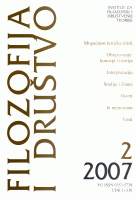
The paper presents and sheds light on a 1919 controversy unfolding in the periodical Demokratija. Its main protagonists were the notable Serbian philosopher Branislav Petronijević, theologist Radovan Kazimirović and physiologist Ivan Đaja, and it concerned the proposal to establish a Faculty of Theology in Belgrade. The debate reflects in fact the conflict among Serbian intellectuals over fundamental principles of the university. We believe this is a most important intellectual dispute taking place in our academic public in the early 20th century. Although historical records indicate that the position of the Faculty of Theology within the future University was discussed as early as the 19th century, when the first ideas of founding a University in Serbia had been put forward, with discussions culminating on the occasion of the establishment of the first Serbian University in 1905, the questions raised then remained mainly unsolved and marked the one-century of the Belgrade University, the most prestigious Serbian institution of higher learning. Turbulent changes in our society in the 1990s announced new searches and radical reevaluation of the condition of our higher education. The problem of the Faculty of Theology thus resurfaced within not just academic but also broader political and cultural public. Unfortunately, some participants in this debate, disregarding the complexity of the issue, have focused their attention on the communist period alone, when the Faculty of Theology was separated from the University. In this way they avoid facing the crucial problem of the contemporary Serbian society – the problem of building modern secular educational and political institutions.
More...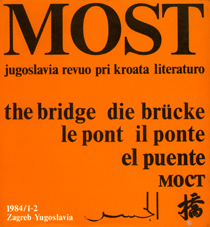

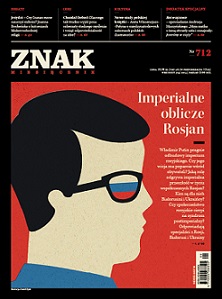




The article describes the practices of using the typical methods of theatrical expression by contemporary business institutions to develop the workers’ emotional labor skills. Special emphasis is put on discussing the communication and training-related issues which are vital for the development of specifi c emotion usage patterns. The discussion is placed in the context of observations on the process of introducing the concept of performatics into business and tracing the analogies between social relations and situations known from performance art. The article is intended to initiate a discussion about the effects of interweaving culture with business.
More...
The author of the article analyzes the problem of worker participation in management in symphony orchestras. Jerzy Łysiński characterizes the role of the conductor in orchestras and the relationship between the orchestra and the conductor in the history of classical music, describes the different models of artistic leadership, and criticizes the authoritarian management style in institutions of the performing arts. The author shares Peter Drucker’s point of view that a good relationship between the orchestra and the conductor can be used as a pattern and example for creative organization of the future
More...

